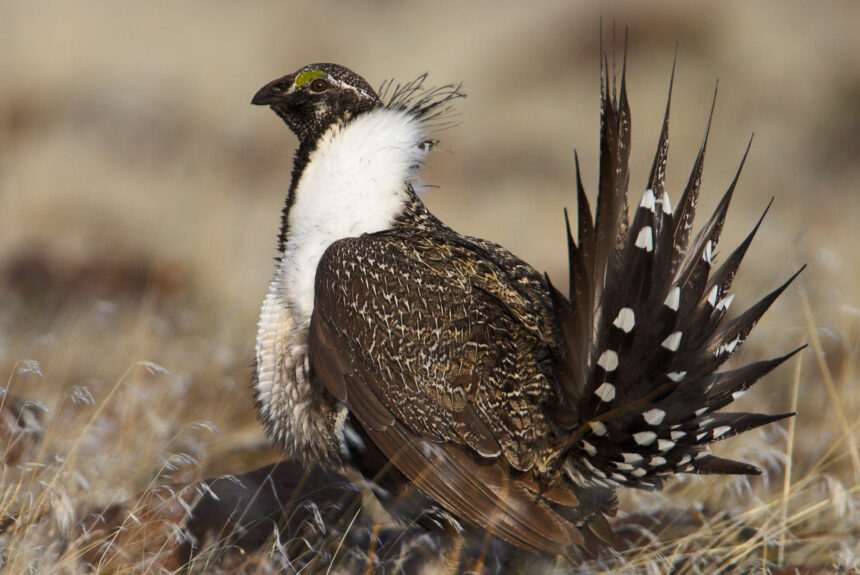Too often, conservation and climate issues are looked at through the lens of Washington, D.C. Groups and organizations lobby on pieces of legislation or individual regulations as if a single public policy change could “fix” the environment. While laws are certainly important, what can often be overlooked is that taking care of our environment happens, mostly, outside of the D.C. Beltway. The International Order of T. Roosevelt (IOTR), a 501(c)(3) organization, is on a mission to change this trend by bringing groups and companies in the heartland into the conservation conversation.
>>>READ: Rep. Bruce Westerman: “A free market approach to conservation is the best way to go”
Aurelia Skipwith Giacometto, the CEO of IOTR, joined Drew Bond on Right Voices to discuss conservation in the United States and the many initiatives that her group is leading to educate and inform the public.
After spending time at Monsanto, now Beyer, Giacometto served as the 22nd Director of the U.S. Fish and Wildlife Service. Her private and public sector experiences have given Giacometto a unique perspective as the leader of the International Order of T. Roosevelt.
“We’ve found that to make conservation sustainable is by looking at it as a company. If people see the value that goes into protecting wildlife and their habitats, then people will be willing to invest into it for a second and third and fourth time, which ultimately makes conservation work more suited for the long-haul.”
IOTR is hosting five flagship conservation and education projects. These include working to increase the population of the Greater Sage Grouse, maintaining Louisiana Black Bear sub-populations, improving the health and conditions of Roosevelt Elk in the Pacific Northwest, teaching younger generations about the ecological importance of hunting, and funding anti-poaching efforts in Africa.
Beyond working with individuals and stakeholders to advance these projects, the International Orders work also helps companies fulfill any Environmental, Social, Governance (ESG) or Corporate Social Responsibility (CSR) requirements.
ESG is a hot-button topic. While well-intentioned, ESG can quickly become a slippery slope that allows companies to greenwash and prioritize activist agendas rather than shareholder returns. By partnering with Giacometto and her team, companies can make a lasting positive impact on the environment while seeing financial returns. As she explains:
“For us we’re saying ‘okay we understand that you have the ESG component that you have to fulfill for reporting, but let’s do it in such a way that’s beneficial, in a way that you can be able to operate and create a positive environment for the wildlife.’ These are projects that companies can invest in and see a return because they can operate in those areas.”
>>>READ: To Boost Conservation, Fix The Endangered Species Act
The Bureau of Land Management is setting aside federal land that would be prime for energy development in order to preserve the Greater Sage Grouse. But this could become a win for everyone. Giacometto is leading efforts by energy companies to return 50,000 Sage Grouses to the land in the next five years, while eventually allowing this land to be safely used to produce energy once again as well.
Giacometto did shed some light on the different barriers that are preventing conservation efforts from moving forward in the United States. One of the largest problems is the misuse of regulations. Environmental groups often take advantage of antiquated laws such as the Endangered Species Act (ESA) or the National Environmental Policy Act (NEPA) to file legal action against the government or private developers, even if they have no intention of winning the lawsuit. The process ultimately stalls conservation efforts.
“When you have groups that suit in the name of these species, sometimes it happens that the money that is spent on litigation is money that could have been spent in the field to protect those species,” she says.
Congress and the administration can address these misuses by reforming and updating laws to reduce harmful litigation, as C3 has outlined in the Climate and Freedom Agenda.
The Order of T. Roosevelt is doing crucial work to advance conservation and education efforts across the United States. Learn more about their work here.
The views and opinions expressed are those of the author’s and do not necessarily reflect the official policy or position of C3.
